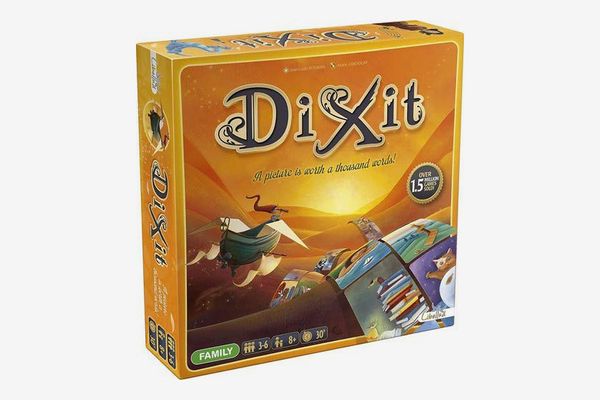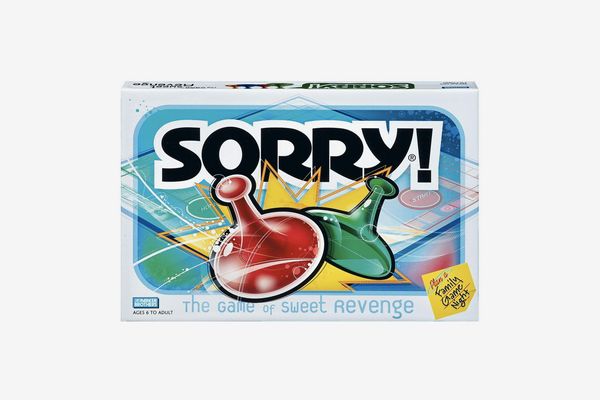The Ultimate Guide to Choosing the Best Board Games for Kids
The Ultimate Guide to Choosing the Best Board Games for Kids
Blog Article
Fun for All Ages: The Best Board Games for Kids and Families
Board games have been a staple of family entertainment, providing possibilities for social conversation, strategic thinking, and creativity. With numerous options available, selecting the proper board games could be a overwhelming task. This manual outlines important factors to think about whenever choosing the very best board games to ensure equally fun and developing benefits.

Era Appropriateness
Among the first criteria when choosing a board game is age the children who will be playing. Board games are often developed with particular age ranges in mind, considering the cognitive and social abilities typical of these ages. Search for age guidelines on the presentation or item explanation to make sure that the overall game fits your child's developmental stage. Activities created for youngsters often function easier principles and smaller playtimes, while those for older children might include more complicated techniques and lengthier durations.
Academic Price
Many board games offer instructional advantages, helping young ones develop important skills while having fun. When selecting a game, contemplate what skills it promotes—be it critical thinking, mathematics, studying, or social interaction. Activities that include counting, spelling, or technique may reinforce classroom understanding in a fun environment. Parents and educators often recognize games that mix leisure with understanding, making them a great selection for equally play and academic reinforcement.
Party Measurement and Conversation
Board games differ significantly when it comes to the number of players they accommodate. Some activities were created for 2 players, while the others may involve large groups. Contemplate the normal playgroup size whenever choosing a game. In the event that you often sponsor gatherings or family game nights, search for activities that may support more people to encourage interaction and teamwork. Moreover, examine the amount of cooperation versus competition within the game. Supportive games, wherever players interact toward a standard aim, can foster teamwork and communication abilities, while competitive games can show healthy competition.
Playtime and Difficulty
The period of gameplay can somewhat affect your family's enjoyment. Some children have shorter attention spans, making fast games more appealing, while others may possibly prosper in lengthier, more immersive experiences. Evaluate the typical play suggested on the package and consider your youngsters' preferences. Complexity is yet another essential factor; young young ones might benefit from easier principles, while teenagers may appreciate the task of more complex mechanics.
Subjects and Passions
Children are often interested in games that arrange using their passions, whether that's dream, adventure, or history. Selecting a game with a theme that resonates with your child can increase their involvement and enjoyment. Flick through the game's components, artwork, and story to make sure it catches their imagination.

Conclusion
Selecting the best board games for kids requires an innovative concern old appropriateness, academic price, party dynamics, playtime, complexity, and particular interests. By keeping these factors at heart, you can make activities that not just entertain but in addition subscribe to your child's growth and foster beloved household memories. With the right board games , household game nights can be a well liked custom filled with laughter and learning. Report this page